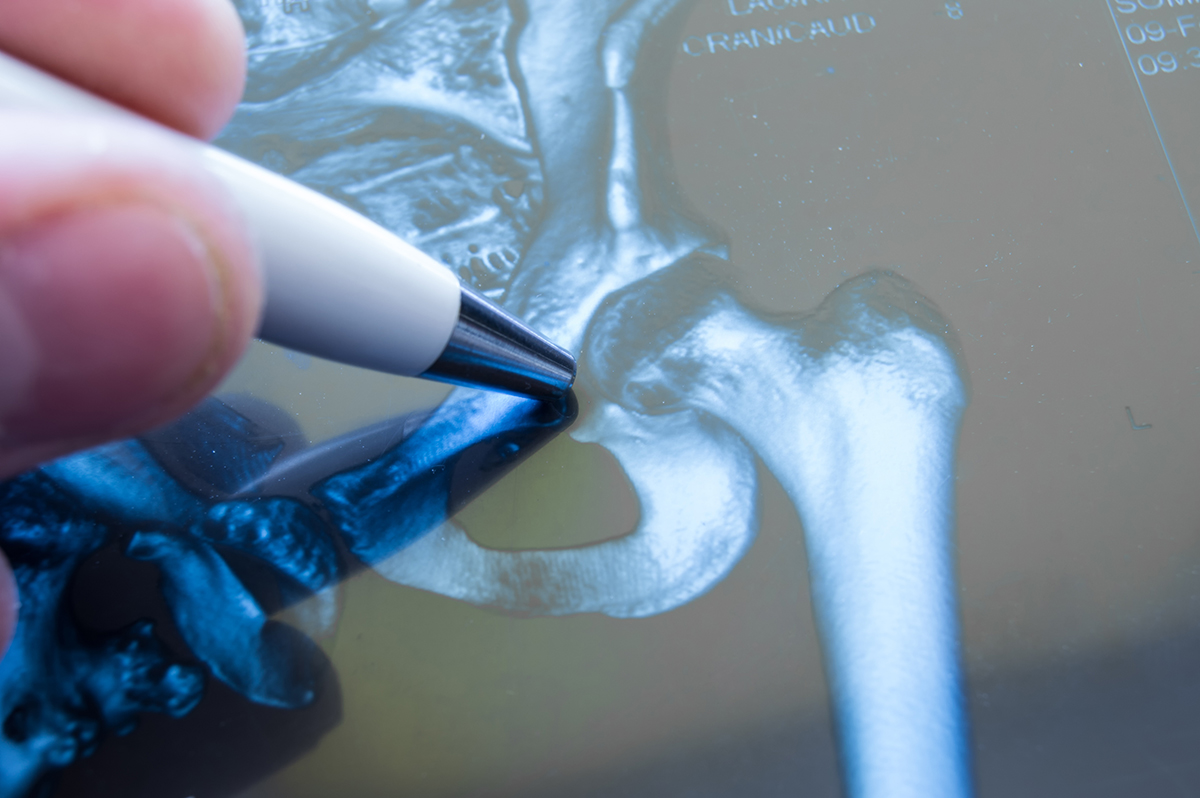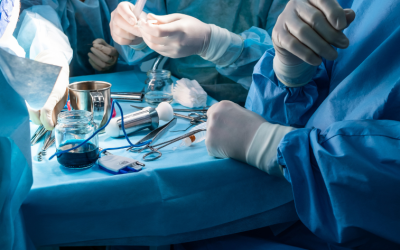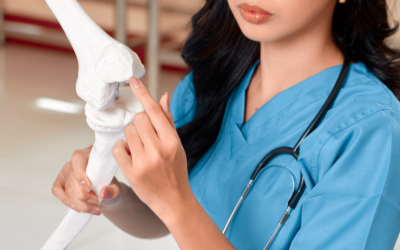Your surgical team at Tennessee Orthopaedic Alliance wants your hip replacement recovery period to be smooth and complication-free. While each patient’s journey post-surgery is unique and influenced by various factors, including the type of hip replacement, overall health, lifestyle, and adherence to medical advice, here are some reminders of what to avoid when recovering from hip replacement surgery.
Hip Replacement Recovery Support with Tennessee Orthopaedic Alliance
Your doctor, physical therapist, and Tennessee Orthopaedic team are pivotal in your hip replacement recovery, guiding you toward a faster and more effective healing process. Here are some important things to avoid post-surgery:
Don’t Avoid Movement After Your Hip Replacement
Following hip replacement surgery, your Tennessee Orthopaedic Alliance healthcare team will guide you on a safe and essential movement plan. While initially challenging, these early movements are crucial for a faster recovery. Increased mobility after hip replacement surgery helps prevent complications like blood clots, pneumonia, and pressure sores, which are more likely when you’re immobile for extended periods.
Moving around after hip replacement surgery is important, as it helps improve blood circulation and reduce swelling, stiffness, and pain in the hip joint. This ultimately results in a smoother recovery and quicker return to daily activities. You should consult your physical therapist to determine which movements will most benefit your healing process. Physical therapy is a crucial aspect of the recovery process after hip replacement surgery. It is essential not to skip or neglect the exercises and therapy sessions prescribed to you, as doing so can impede your recovery and affect the long-term success of the surgery.
Avoid High Impact Activities
Avoid high-impact activities such as running, jumping, or participating in contact sports after your hip replacement. High-impact activities can put excessive stress on the new hip joint and increase the risk of dislocation or damage to the implant.
Follow your care team’s instructions, including those from your physical therapist, to understand what movements are safe post-surgery. Unsafe movements post-hip replacement also include bending at the waist, twisting at the waist, crossing your legs, and sitting or standing for too long. These movements and high-impact activities could put you at risk of dislocating the new hip joint and delay healing.
Don’t Start Driving Before You’re Cleared
It’s essential to wait until you fully recover and regain strength and mobility before driving again. Your treatment team at Tennessee Orthopaedics will guide you on when it’s safe to resume driving, typically after a few weeks to a couple of months post-surgery. Even getting in and out of a vehicle as a passenger immediately after hip replacement surgery can strain your hip, risking stretching or tearing around the new joint.
Don’t Ignore Concerning Symptoms
After your hip replacement surgery, it is important that you pay close attention to your body and not ignore any symptoms such as swelling, fever, or severe pain. These symptoms could indicate complications or issues with the implant and should be promptly addressed by your medical team. Ignoring or neglecting these signs could lead to further complications and delays in your recovery. Therefore, be vigilant and report any discomfort, swelling, or pain in the hip joint to your doctor or medical professional immediately.
Expert Hip Replacement Care with Tennessee Orthopaedics
At Tennessee Orthopaedic Alliance, serving patients across Knoxville, TN, Oak Ridge, TN, Lenoir City, TN, and Sevierville, TN, we’re committed to partnering with you throughout your entire hip replacement journey. From pre-surgical planning to a successful recovery, our team is by your side every step of the way.




